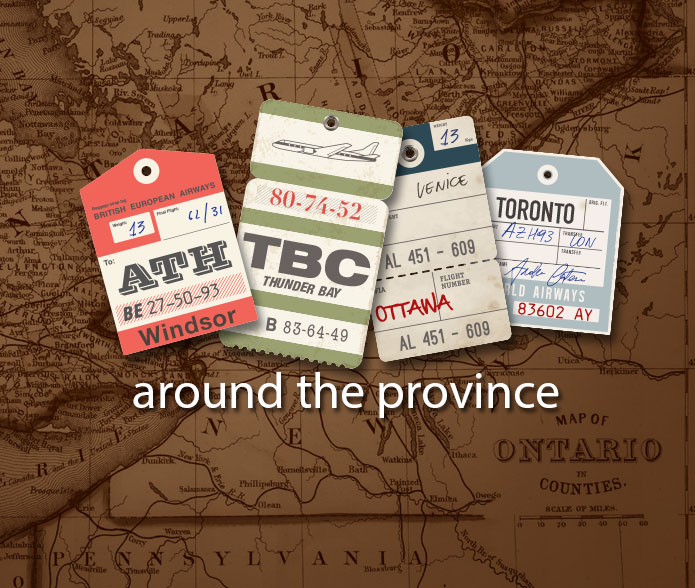
2SLGBTQ+ Libraries and Archives & Politicized Pedagogy
When bell hooks informs us that her “commitment to engaged pedagogy is an expression of political activism”1 I am immediately drawn to question where this kind of practice can take place. In particular, how can 2SLGBTQ+ libraries and archives, such as Toronto’s The ArQuives, participate in this engaged pedagogy turned political activism?
These were just some of the questions I hoped to explore as I embarked on a year-long sabbatical to investigate the pedagogical and political potential of queer community led archives and libraries. Throughout the past year, I have visited a number of archives, including Boston’s The History Project, Chicago’s Gerber/Hart LGBTQ+ Library and Archives, and The Bishopsgate LGBTQ+ Archives in London, UK. My purpose in visiting these sites was to explore their outreach and education programming, hoping to better understand the link between queer heritage and current queer activism. As part of this work, I spoke to archivists, event coordinators, and volunteers to better understand their perspective towards the work they do, especially outreach. I spent time exploring the rich collection of digitized archival material that showcases how queer history can link to our current experience as a community. Each archive collects, and digitizes, a vast array of material relating to 2SLGBTQ+ heritage. For example, through The ArQuives’ digital collection of LGBTQ+ Buttons, it is possible to chart queer history in Canada. Or, it is possible to explore the incredible diversity of voices within the trans community through Gerber/Hart’s Transgender Periodical digital collection. These are just two examples of the broad collection of queer artifacts, documents, and ephemera available from these archives.
The role of 2SLGBTQ+ libraries and archives is a critical one, especially with a growing push in the United States for the erasure of trans and gender nonconforming individuals. Queer community archives have a major role to play in resisting this push. As Rebeka Sheffield notes, the “fear of fascism and erasure through oppression is, in part, what continues to motivate archivists to continue preserving evidence of gay and lesbian lives – it is what keeps them active in the archives.”2 Throughout the experience of visiting the spaces, talking to archivists, and exploring queer heritage, I have been continually surprised by the passion and commitment to keep our community’s history alive and vibrant.
I was fortunate enough to present the early stages of this research at the Association of College and Research Libraries annual conference in Minneapolis, Minnesota, in April 2025. If you are interested in reading more of this research, you can find my paper in the conference proceedings here.
1 bell hooks, Teaching to Transgress (Routledge, 1994), 203
2 Rebeka T. Sheffield, Documenting Rebellions: A Study of Four Lesbian and Gay Archives in Queer Times (Litwin Books, 2020), 143
Matthew Rohweder is the 2025 OLA President and is currently a Liaison Librarian at Wilfrid Laurier University. He is co-author of A Librarian’s Guide to Games and Gamers from Bloomsbury Publishing, and has authored multiple chapters in volumes published by Library Juice Press.
Silence=Death image: https://arquives.ca/silencedeath-button/


